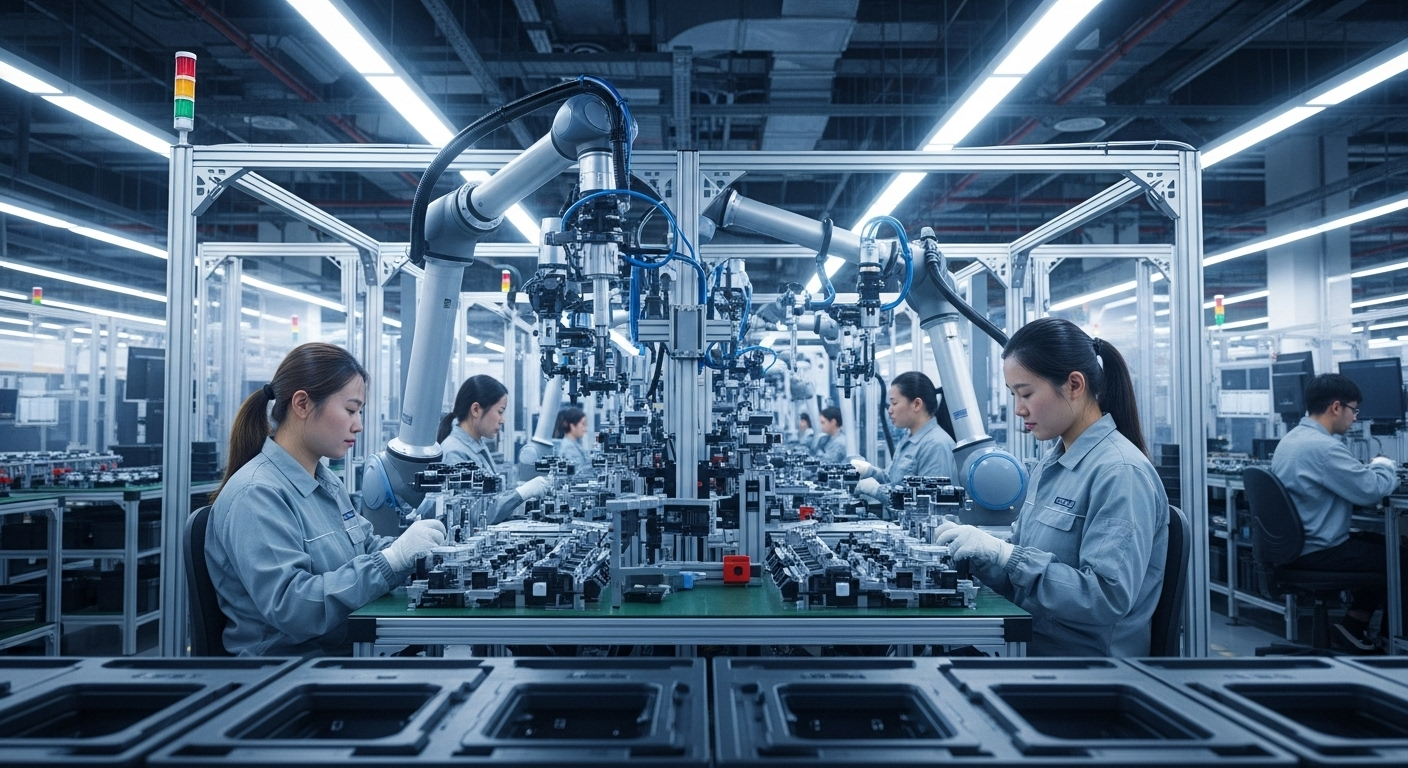Understanding the Multotec filter system: A deep dive
The Multotec filter system represents a cutting-edge solution in industrial filtration, designed to optimize efficiency and reliability across a range of applications. Known for its robust construction and precision engineering, this system addresses common challenges in liquid-solid separation, ensuring consistent performance even in demanding environments. By combining advanced materials with innovative design, the Multotec filter not only improves operational uptime but also reduces maintenance costs, making it a preferred choice for industries where both productivity and durability are critical.

Modern industrial operations demand reliable and efficient filtration solutions to maintain productivity, ensure product quality, and meet environmental standards. Filtration systems have become essential components across mining, chemical processing, water treatment, and manufacturing industries. Among the various technologies available, specialized filter systems offer tailored solutions for specific operational challenges, combining mechanical design innovations with process optimization capabilities.
What is the Multotec filter system?
The Multotec filter system is an industrial filtration technology designed primarily for solid-liquid separation in mining and mineral processing applications. Developed by Multotec, a company specializing in mineral processing equipment, these systems utilize pressure filtration principles to separate solids from liquids efficiently. The technology encompasses various filter press configurations, including plate and frame designs, recessed chamber filters, and membrane filter presses. These systems operate by pumping slurry into chambers where solids are retained while filtered liquid passes through filter cloths. The resulting filter cake can be discharged automatically or manually, depending on the system configuration. Multotec filter systems are engineered to handle high-volume processing requirements while maintaining consistent performance across different material characteristics and operating conditions.
Key features and components of the Multotec filter system
The technical architecture of Multotec filter systems incorporates several critical components working in coordination. Filter plates form the core structure, typically manufactured from polypropylene or cast iron depending on application requirements and chemical compatibility needs. These plates are covered with specialized filter cloths that determine filtration precision and cake release characteristics. Hydraulic closing systems provide the necessary pressure to seal chambers during filtration cycles, with modern systems featuring automated controls for consistent operation. Membrane technology, available in certain configurations, allows for additional cake compression after initial filtration, reducing moisture content and improving discharge efficiency. The control systems integrate programmable logic controllers that manage cycle times, pressure parameters, and washing sequences. Discharge mechanisms vary by design, with options including manual cake removal, automatic plate shifting systems, or pneumatic diaphragm discharge. Safety features include pressure relief valves, emergency stop functions, and protective guards around moving components.
Advantages of using the Multotec filter system
Implementing Multotec filter systems offers several operational benefits for industrial facilities. The technology achieves high cake dryness levels, often reducing moisture content below 20 percent in many applications, which decreases transportation costs and improves downstream processing efficiency. Filtration rates can be optimized through cloth selection and pressure adjustments, allowing operators to balance throughput with cake quality requirements. The enclosed design minimizes environmental exposure, containing dust and preventing spillage during operation. Automated cycles reduce labor requirements compared to manual filtration methods while improving process consistency. The systems demonstrate versatility in handling various particle sizes and slurry concentrations, adapting to changing feed characteristics without significant performance degradation. Maintenance requirements remain manageable, with cloth replacement and seal servicing representing the primary routine interventions. Energy consumption typically remains lower than thermal drying alternatives for moisture reduction, contributing to operational cost efficiency.
Applications of the Multotec filter system
Multotec filter systems find application across diverse industrial sectors where solid-liquid separation is required. In mining operations, these systems process mineral concentrates, tailings dewatering, and metallurgical intermediates, handling materials ranging from fine coal to metallic ores. Chemical manufacturing facilities utilize the technology for product recovery, catalyst separation, and waste treatment processes. The pharmaceutical industry employs similar filtration principles for active ingredient isolation and purification steps, though specialized sanitary designs are typically specified. Water and wastewater treatment plants incorporate pressure filtration for sludge dewatering, reducing disposal volumes and improving handling characteristics. Pigment and dye manufacturing relies on filtration systems to achieve product purity and recover valuable materials from process streams. Food processing applications include starch recovery, protein concentration, and various clarification processes where product integrity must be maintained. Each application requires specific configuration considerations, including material compatibility, throughput capacity, and cake discharge requirements.
The future of filtration with the Multotec filter system
Filtration technology continues evolving in response to increasing environmental regulations, efficiency demands, and digitalization trends. Future developments in systems like those from Multotec are likely to incorporate enhanced automation capabilities, including predictive maintenance algorithms that monitor performance parameters and anticipate component wear. Sensor integration will provide real-time data on filtration rates, cake formation, and moisture content, enabling dynamic process adjustments. Material science advances may yield improved filter cloths with enhanced chemical resistance, longer service life, and superior release characteristics. Energy efficiency improvements through optimized hydraulic systems and variable frequency drives will reduce operational costs while supporting sustainability objectives. Modular designs may offer greater flexibility for capacity expansion or process modifications without complete system replacement. Integration with broader plant control systems will enable coordinated operation across multiple processing units, optimizing overall facility performance. As industries face stricter environmental standards and resource recovery imperatives, advanced filtration systems will play increasingly critical roles in sustainable industrial operations.
Industrial filtration technology represents a crucial component of modern processing operations, enabling efficient separation while meeting quality and environmental requirements. Specialized systems designed for specific applications offer advantages in performance, reliability, and operational efficiency. As technology advances and industrial demands evolve, filtration systems will continue adapting to serve emerging needs across diverse sectors.




